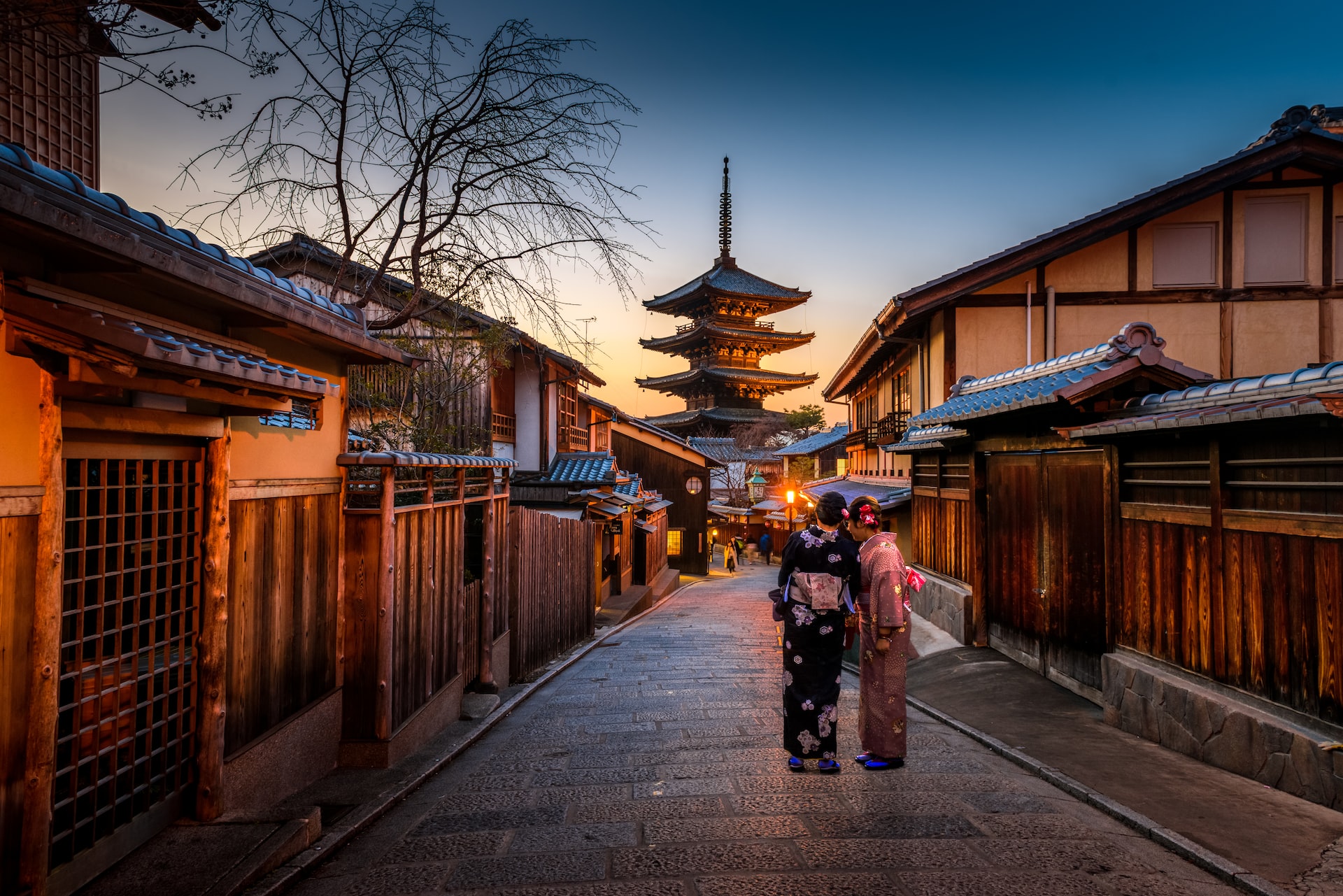Japanese culture is deeply rooted in the country’s history and traditions. Central to Japanese culture is the concepts of harmony, respect, and community. These values are evident in many aspects of Japanese life, from the way families interact to the way businesses are run. The focus on community and cooperation is also reflected in Japan’s art, literature and religion.
Japanese culture has been greatly influenced by the country’s geographical location. For centuries, Japan was isolated from the rest of the world and this helped to create a unique and distinct culture. However, in recent years Japan has become increasingly globalized and this is reflected in the way that Japanese people live and work.
The Various Aspects of Japanese Culture
Japanese culture is rich and varied, with long history and traditions. From the ancient samurai warriors to modern-day manga and anime, there are many aspects of Japanese culture that are unique and interesting. Here are just a few of the various aspects of Japanese culture:
-Religion: Shintoism and Buddhism are the two main religions in Japan. Shintoism is a polytheistic religion that revolves around the worship of kami, or spirits, while Buddhism is a more philosophical religion that emphasizes personal enlightenment and salvation. There are also a small number of Christians in Japan.
-Language: The official language of Japan is Japanese, which is spoken by the majority of the population. However, there are also several minority languages spoken in Japan, such as Ainu, Ryukyuan, and Korean, use japanese translation service.
-Literature: Japanese literature is very old and has a long tradition. Some of the most famous works of Japanese literature include The Tale of Genji and The Pillow Book. In more recent years, Japanese literature has been increasingly influenced by Western culture, particularly American and British literature.
-Art: Japanese art is very unique and often quite different from Western art. Traditional Japanese art forms include calligraphy, painting, sculpture, pottery, origami, and ikebana (flower arranging). Modern Japanese artists have also been influenced by Western art, and many Japanese artists now use Western-style techniques in their work.
-Music: Traditional Japanese music is very different from Western music, and often uses a pentatonic scale instead of the major or minor scales used in Western music. Traditional Japanese instruments include the samisen (a three-stringed instrument), the shakuhachi (a flute), and the taiko (a drum). Modern Japanese music has been influenced by Western music, and many popular Japanese musicians now use Western instruments and styles in their work.
-Food: Japanese food is very diverse, and there are many different regional cuisines. Some of the most famous Japanese dishes include sushi, sashimi, tempura, and miso soup. Japanese cuisine has also been influenced by Western cuisine, and many popular Japanese dishes now include Western ingredients or cooking methods.
As you can see, there are many different aspects of Japanese culture that make it unique and interesting. If you have the opportunity to visit Japan or learn more about Japanese culture, you are sure to be impressed by the richness and variety of this fascinating culture.
The Significance of Japanese Culture
Japanese culture is one of the oldest cultures in the world. It has a rich history and tradition that goes back thousands of years. Japanese culture is also very unique and has a lot to offer the world.
Some of the most important aspects of Japanese culture include:
– The way of life: The way of life in Japan is very different from the Western world. It is based on a set of values and principles that emphasize respect for others, harmony, and self-discipline.
– The family: The family is the most important unit in Japanese society. Families are close-knit and members often live together even into adulthood.
– Education: Education is very important in Japanese culture. It is believed that education is the key to success in life.
Japanese culture has a lot to offer the world. It is rich, unique, and full of tradition.
The History of Japanese Culture
Japan has a long and rich history, dating back thousands of years. Ancient Japanese cultures were heavily influenced by the Chinese, but over time they developed their unique style and traditions.
During the medieval period, Japan was divided into several warring states. This period saw the rise of the samurai, a warrior class that came to dominate Japanese society. In the late 1500s, Japan was united under the shogunate, a military dictatorship.
During the Edo period (1603-1868), Japan was ruled by the Tokugawa shogunate. This was a time of peace and relative isolation from the rest of the world. However, contact with the West increased in the 1800s, and Japan began to modernize rapidly.
In 1868, the shogunate was overthrown and the Meiji Restoration ushered in a new era of democracy and modernization. Japan then became a major imperial power, annexing Korea and Taiwan and invading China. This period came to an end with Japan’s defeat in World War II.
Since the war, Japan has been a constitutional monarchy with a parliamentary democracy. It has undergone tremendous economic growth and is now one of the world’s leading nations. Japanese culture is rich and diverse, with influences from both East and West. It is renowned for its traditional arts, literature, cuisine, and technology.
Conclusion
One of the most distinctive aspects of Japanese culture is the way that families and communities interact. The concept of harmony is central to this, and it is evident in the way that people greet each other, communicate and work together. Respect is also an important part of Japanese culture, and this is evident in the way that people treat their elders and those in positions of authority.
